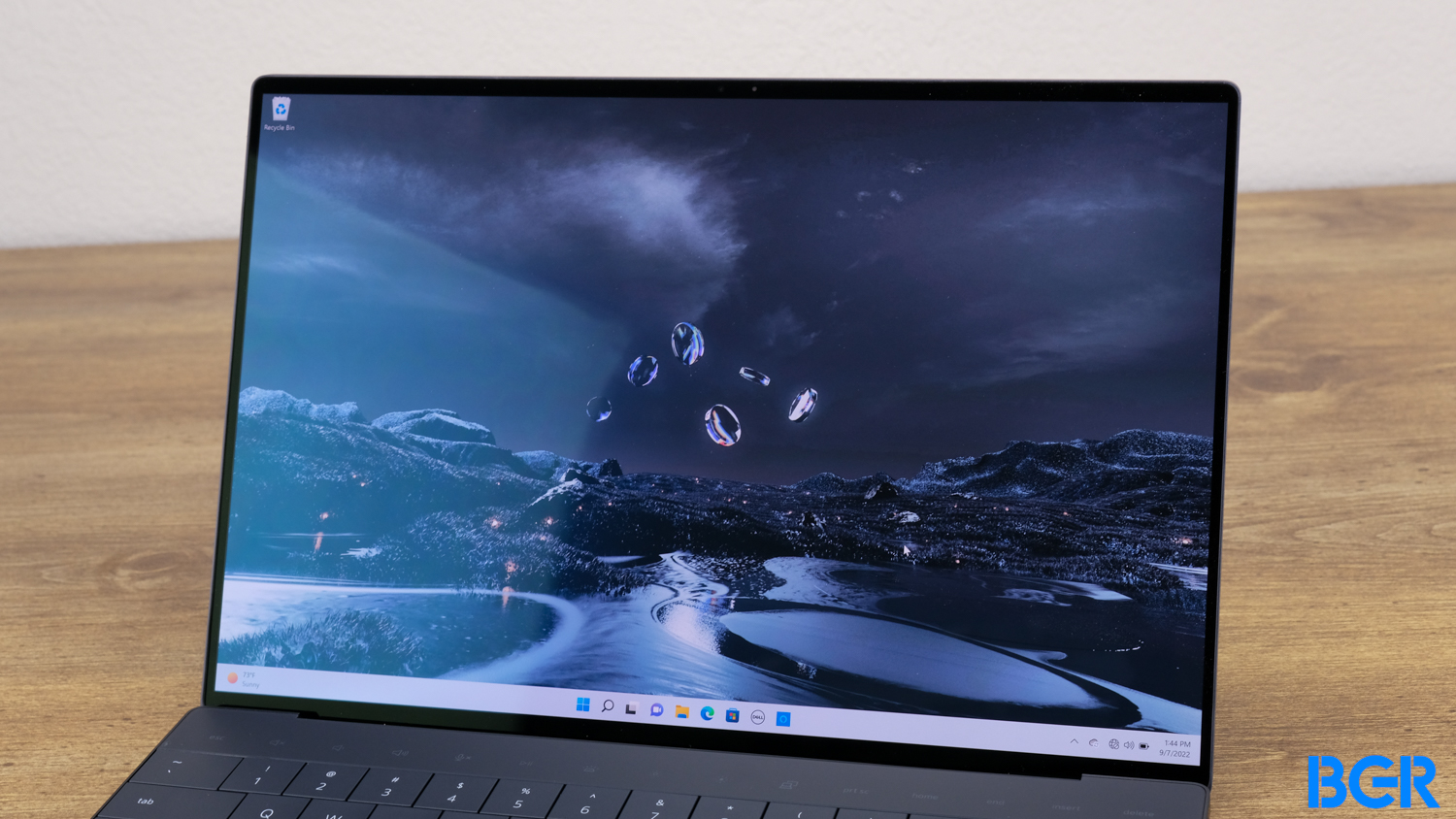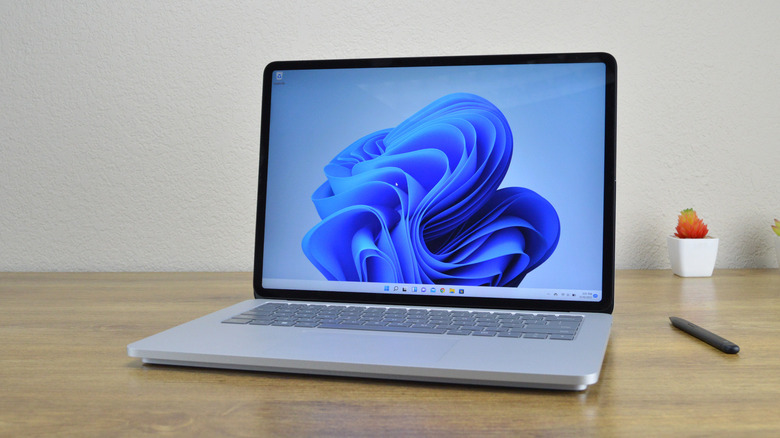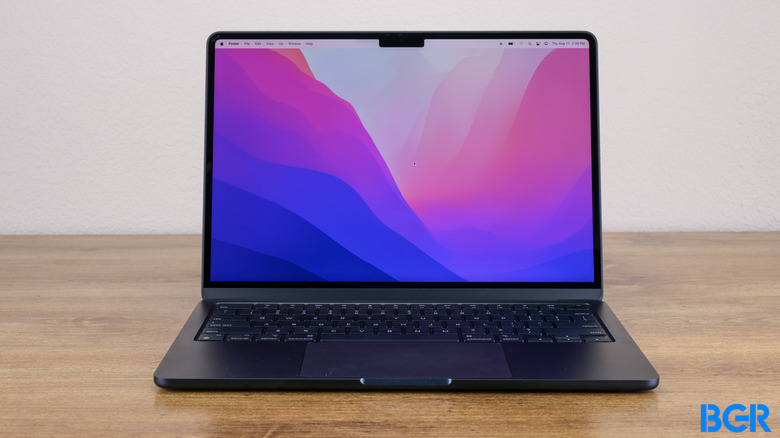How To Stop Programs On Your Computer From Secretly Spying On You
The iPhone or Android phone in our pocket is our primary computer these days, and that's where we're worried the most about apps or services spying on our personal data to serve us targeted ads. Then there's actual spying from malicious apps that try to steal sensitive information from your devices. But we should have similar concerns for traditional computers, including Windows PCs and Macs, as those apps might also be spying on us without our knowledge.
PCs might be even more vulnerable to malicious attacks, especially devices running on older operating systems that haven't received the latest security updates. Moreover, advertising companies collect data from desktops and laptops as well, of course.
The good news is that there are ways to check what apps might be spying on you and limit their access to your computer data.
The following tips will help you check which apps are accessing sensitive components of your computer, including the camera, microphone, and location data. You likely want plenty of apps to access them. But there might be malicious apps in there that are actually spying on you, collecting data for a third party.
You'll have to change App Permissions to prevent unwanted apps from accessing these resources. You'd do the same thing on iPhone and Android. As USA Today explains, it's effortless to see which apps are allowed to use sensitive components in your computer. It's also quite easy to grant or revoke permissions.

How to stop apps on Windows computers from spying on you
Most PC users should be on Windows 11 or Windows 10 by now. Both operating systems behave similarly when managing app permissions.
In Windows 11, head to Start, Settings, and Privacy & security. You'll then want to select App Permissions. In there, you will have to check each distinct menu: Location, Microphone, and Camera.
You'll see which apps can access them and you can revoke permissions for apps you don't want to grant access to. You'll want to check the Recent activity menu for each permission to see which apps have used it.
In Windows 10, the path to App Permissions is similar. Go to Start, Settings, and Privacy to find the menu. Then select the PC resource you want to check to ensure unwanted apps aren't spying on your computer.
The work might be tedious if you have many apps installed on Windows 10 or 11, but it's worth going through this process once in a while. If you find any apps with access to sensitive data that you don't recognize, your security quest truly begins. You'll have to remove those apps in addition to removing permissions. And you'll want to determine how they got there in the first place.
How to stop apps on Macs from spying on you
If you have a macOS computer instead of Windows, you'll want to take similar precautions and ensure apps aren't spying on your data. Click the Apple menu, go to System Settings, and then look for Privacy & Security.
As is the case on Windows, you'll find menus for Location, Microphone, and Camera. But there are plenty of other resources that apps might want access to. Photos, Contacts, and Calendars offer plenty of personal data that you might want to block apps from accessing.
You'll want to ensure that only the apps you installed on your Mac can access its resources. Also, you should revoke permissions for untrusted apps. Just like on Windows, you'll want to remove these apps for good and then figure out how they got there in the first place.
These simple security checks will not be enough to stop sophisticated attackers from spying on you. Also, they're not meant to completely stop apps from tracking you online (the less harmful advertising-related spying I referred to before). But being picky about permissions with companies that track you is also a good idea, especially when it comes to sharing location data.

